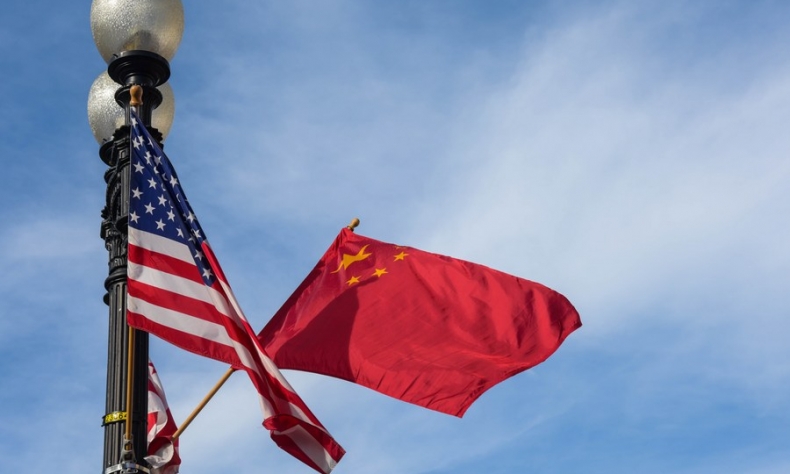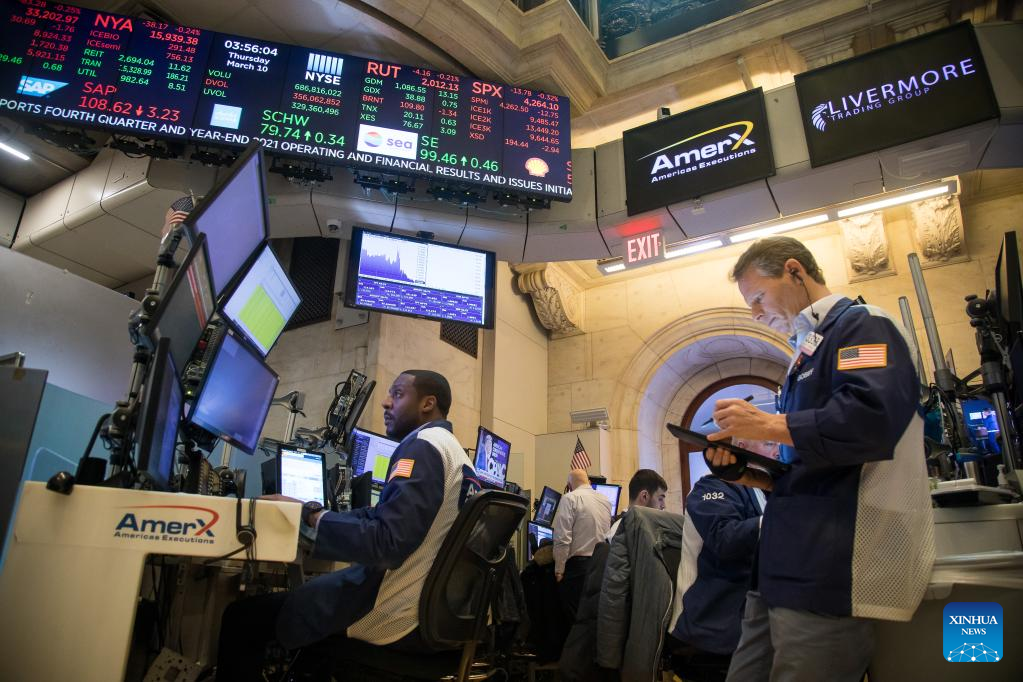Cooperation and Win-Win Results

The signing of this agreement may well end the delisting crisis facing U.S.-listed Chinese companies. This agreement is set to lay the groundwork for further cooperation in this regard. It also reveals the truth that only cooperation can bring win-win results.
The China Securities Regulatory Commission announced on August 26 that it, together with the Ministry of Finance, had signed an audit oversight cooperation agreement with the U.S. Public Company Accounting Oversight Board (PCAOB), and will implement the agreement in the near future. This big step of bilateral auditing inspection cooperation will help ease auditing-triggered delisting risks facing Chinese companies listed on U.S. stock exchanges and stabilize market sentiment.
This agreement is mainly composed of three parts: first, the principle of reciprocity that is equally binding on both sides. Both the U.S. and China may conduct inspections and investigations of relevant offices within the jurisdiction of the other party in accordance with their statutory duties and in accordance with the cooperation agreement. The requested party shall endeavor to provide full assistance.
Second, the scope of the cooperation is explicitly defined. It includes assisting with the inspections and investigations of relevant audit firms taken by the authorities. Among them, the assistance provided by the Chinese side also involves some firms based in Hong Kong Special Administrative Region that provide audit services for stocks and whose audit transcripts are kept in the Chinese mainland.
Third, the agreement has made clear arrangements on the treatment and use of possibly sensitive information during audit oversight cooperation. Audit papers that the U.S. regulator needs access to will be obtained by and transferred through the Chinese side, based on coordination in advance.
So far, more than 280 Chinese companies have been listed on U.S. stock markets, and over 30 accounting firms inside China have registered with the PCAOB, offering audit services to these U.S.-listed companies. Auditing inspection over these companies is the major issue that hindered cooperation between the two countries’ capital markets.

In 2020, the U.S. House of Representatives passed the Holding Foreign Companies Accountable Act (HFCAA), which requires foreign issuers and their accounting firms to release their audit papers for inspection to the U.S. Securities and Exchange Commission, proving they are not under any foreign government ownership or control. So far, 161 Chinese stocks listed in the U.S. had been put on the provisional list. Foreign companies risk getting delisted if they fail to submit their audit papers to a U.S. accounting oversight body for three consecutive years. Chinese companies on the provisional list account for more than 60 percent of all Chinese companies listed on U.S. exchanges.
By doing so, the U.S. aims to contain China’s economic growth, but it is violating principles of the U.S. capital market, as Chinese companies managed to get listed on American exchanges by conforming to all the rules and regulations of the U.S. capital market. It’s unfair to hobble them by releasing the HFCAA and other barriers after they have been listed. It’s also decreasing the credibility of the U.S. free market.
If these Chinese companies have to delist, they, the U.S. stock market and investors will all suffer losses. Neither China nor the U.S. would be happy to find themselves embroiled in this kind of fiasco. Listed companies, and the world at large, hope to see the two sides achieve workable outcomes, so that the legitimate rights of investors around the world are protected.
The talks slipped into a deadlock because the U.S. side demanded the disclosure of a large number of audit papers of U.S.-listed Chinese companies that contain classified information related to China’s business environment and even national security.
The agreement brings a fair deal for both sides, with no requirement for Chinese companies to provide audit papers related to China’s national economic security.
The signing of this agreement may well end the delisting crisis facing U.S.-listed Chinese companies. Auditing inspection cooperation remains the main trend. This agreement is set to lay the groundwork for further cooperation in this regard. It also reveals the truth that only cooperation can bring win-win results.
 Facebook
Facebook
 Twitter
Twitter
 Linkedin
Linkedin
 Google +
Google +










